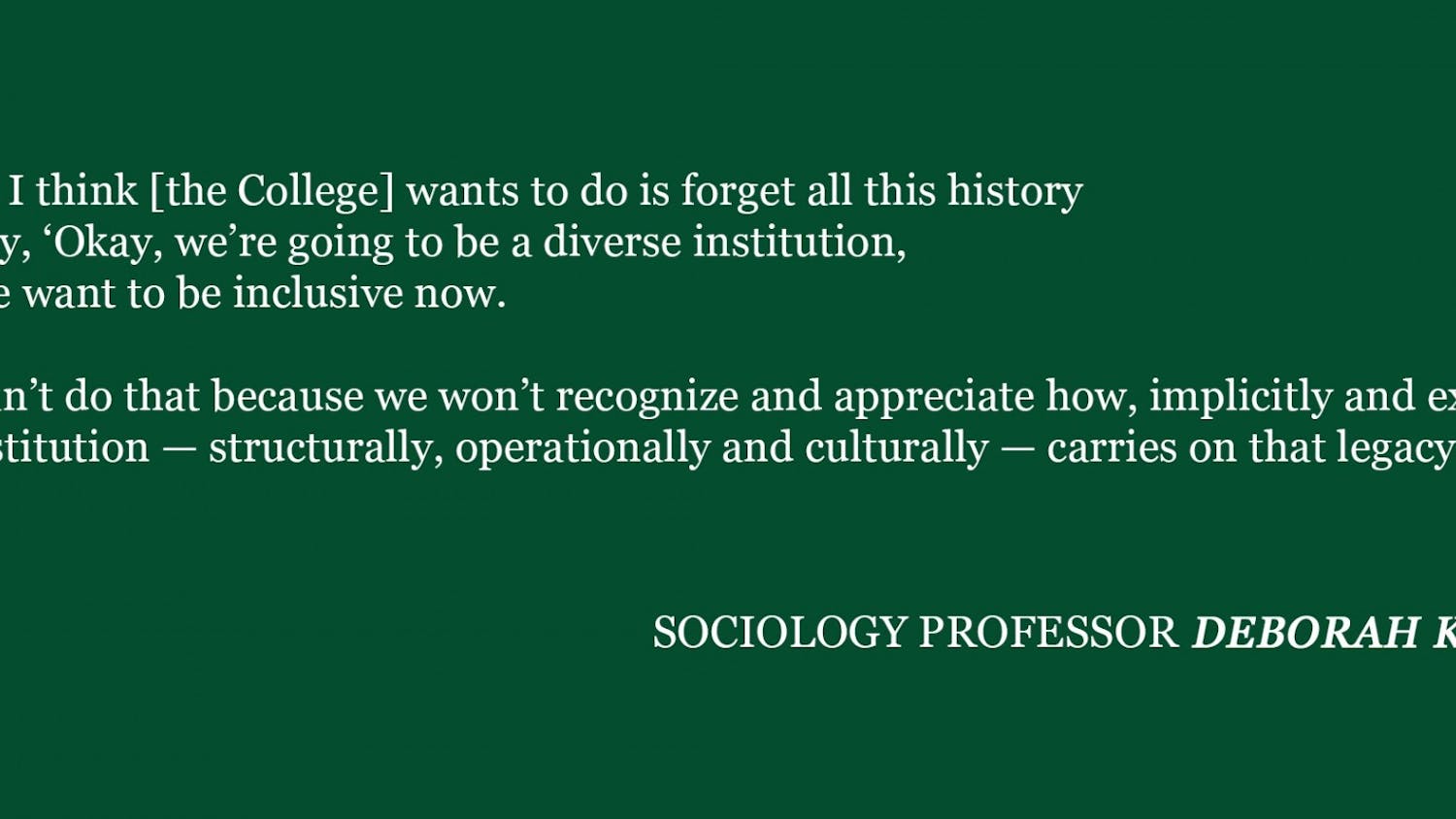The Political Economy Project and economics department held two workshops on May 1 and May 8 to teach students about personal finance. The workshops covered topics ranging from budgeting and debt to investing and insurance, and forty-one students attended at least one of the workshops.
Economics professor Marjorie Rose said that she and fellow economics professors Elisabeth Curtis and Eric Zitzewitz first began thinking about organizing a course on personal finance in response to an op-ed in The Dartmouth by Sarah Colin ’23 calling for a financial literacy distribution requirement. Zitzewitz added that while they decided not to pursue a full course on personal finance, they wanted to organize the workshops to gauge student interest in the topic.
“Our goal with these workshops was to teach the basics of personal finance,” Rose said. “We especially wanted to get information to graduating seniors, who need that toolkit as they go out into the workforce.”
Rose added that while she and other economics professors have previously held “informal” personal finance talks with Greek houses, they wanted to gauge student interest in holding more regular workshops.
Rose added that they worked with Bruce Meyer, the father of a member of the Class of 2020 and a partner at the financial planning firm Beacon Pointe Advisors, to develop the workshops’ curriculum. She also said that while recordings of the sessions will be posted on the PEP’s website, all students who attended one of the live sessions will receive a free copy of “The Index Card: Why Personal Finance Doesn’t Have to be Complicated,” a book about personal finance.
According to Rose, the first workshop focused on topics like credit scores, savings and budgeting. Zitzewitz added that the second workshop discussed how to manage risk and return in investments, as well as how to avoid so-called “pump and dump” schemes that use false information to increase the price of a stock.
“The people giving advice on Reddit about stocks and cryptocurrency are not your friends,” Zitzewitz said. “Some people can be a little naive about that, so we want students to know how to build a diversified and safe portfolio.”
Rose said that while the workshops were generally successful, there were some difficulties in getting students to attend. She cited the Saturday morning timing, lack of publicity and low incentives as reasons as to why attendance was lower than they had hoped.
“It’s hard to get people to attend a Saturday morning workshop when it’s starting to get warm outside,” Rose said. “Getting a free book is also probably not enough of an incentive to show up.”
Student feedback from the workshops was positive, according to Rose. She said that because many students were not previously taught the basics of personal finance, many of her students found the workshops to be “incredibly useful.”
Colin, the author of the op-ed that inspired the workshops’ creation, attended both workshops and said that she found that the workshops gave a “good overview” of personal finance. While she said that she felt like some of the material “went over her head” as a non-economics major, she found the material to be very helpful.
“While I don’t feel like I know 100% of personal finance, it was still a really good start,” Colin said.
Colin added that while she had originally called for a full course on the topic in her op-ed, she thinks that the more “condensed” format of the workshops is an idea that she agrees with.
Shinae Park ’21, who attended the first workshop, said she found the material to be “really informative and helpful.” She added that as a result of the information presented in the workshop, she opened a new credit card and made adjustments to her investments.
“Personally, I’d recommend this program to any student, even a freshman,” Park said. “The speakers were all very encouraging and knowledgeable.”
According to Rose, the economics department hopes to continue this workshop series next year. She added that rather than holding the workshops on Saturdays, they will “probably” host them in the evenings instead.
Sarah Colin ’23 is a member of The Dartmouth staff.




